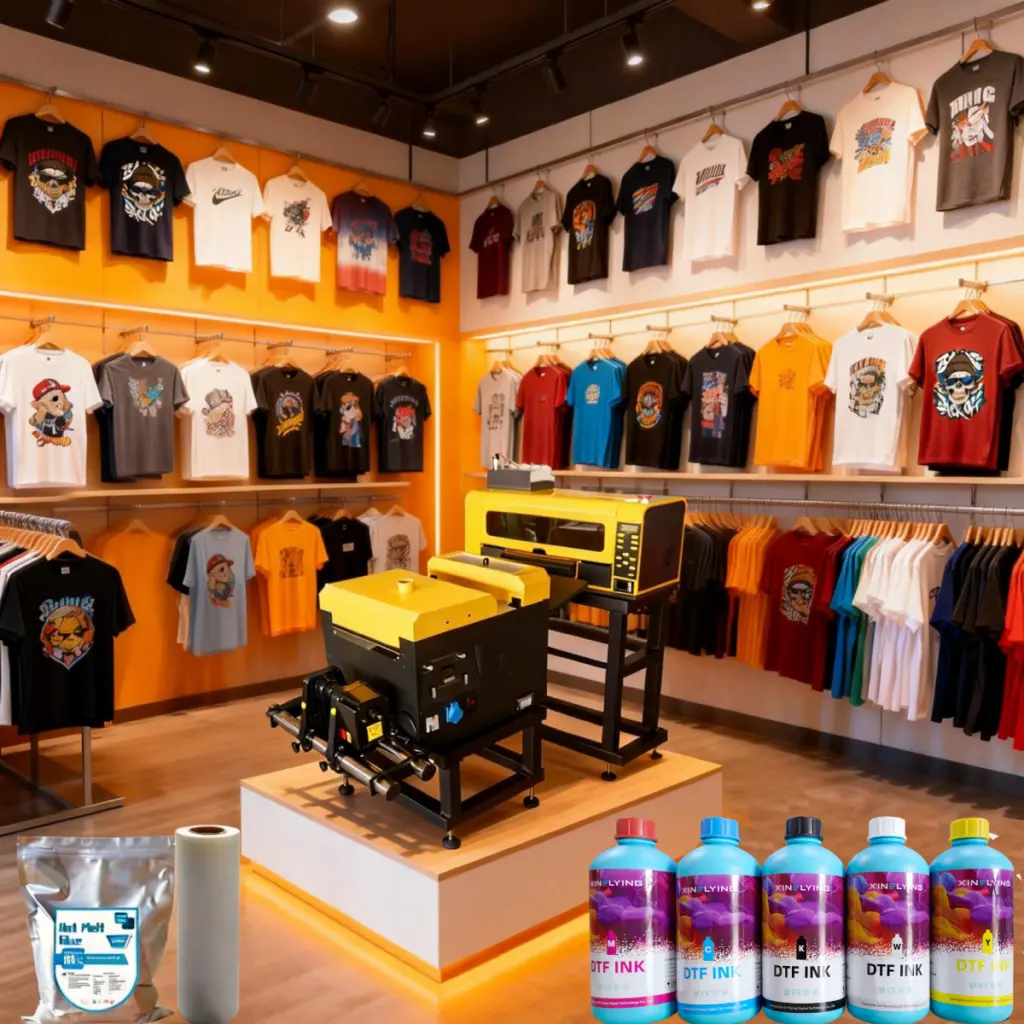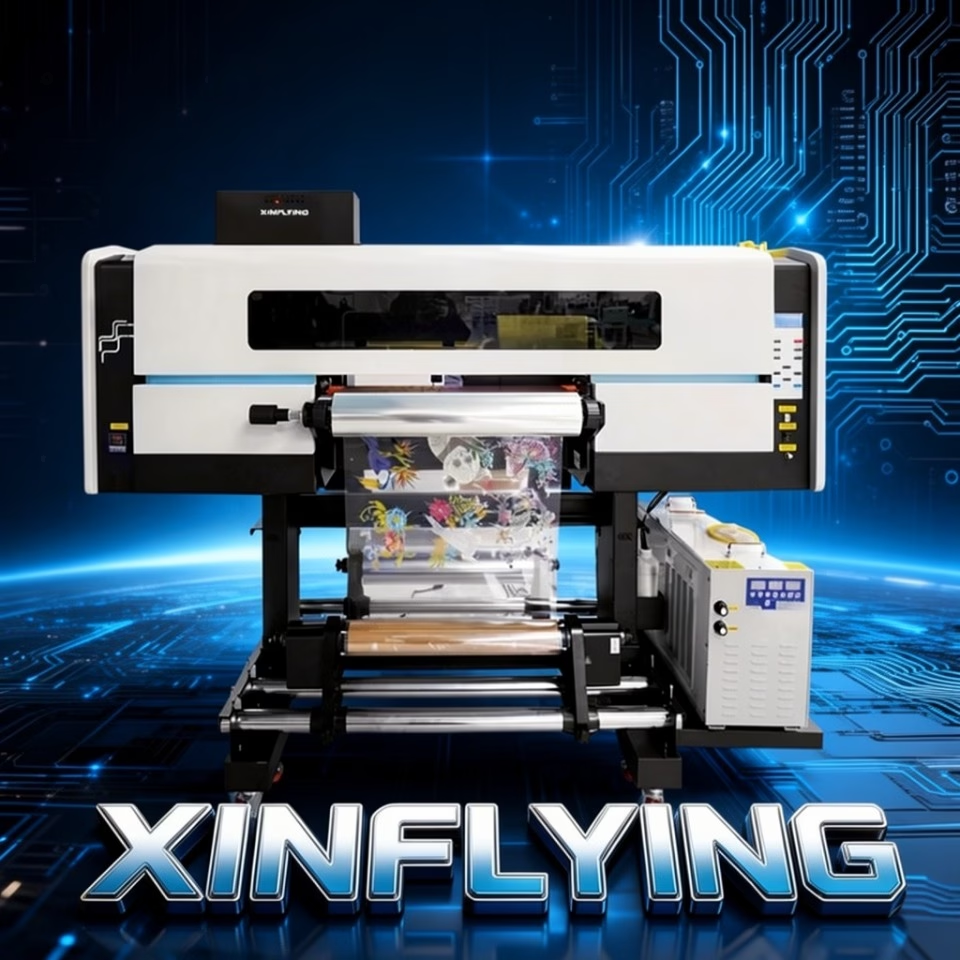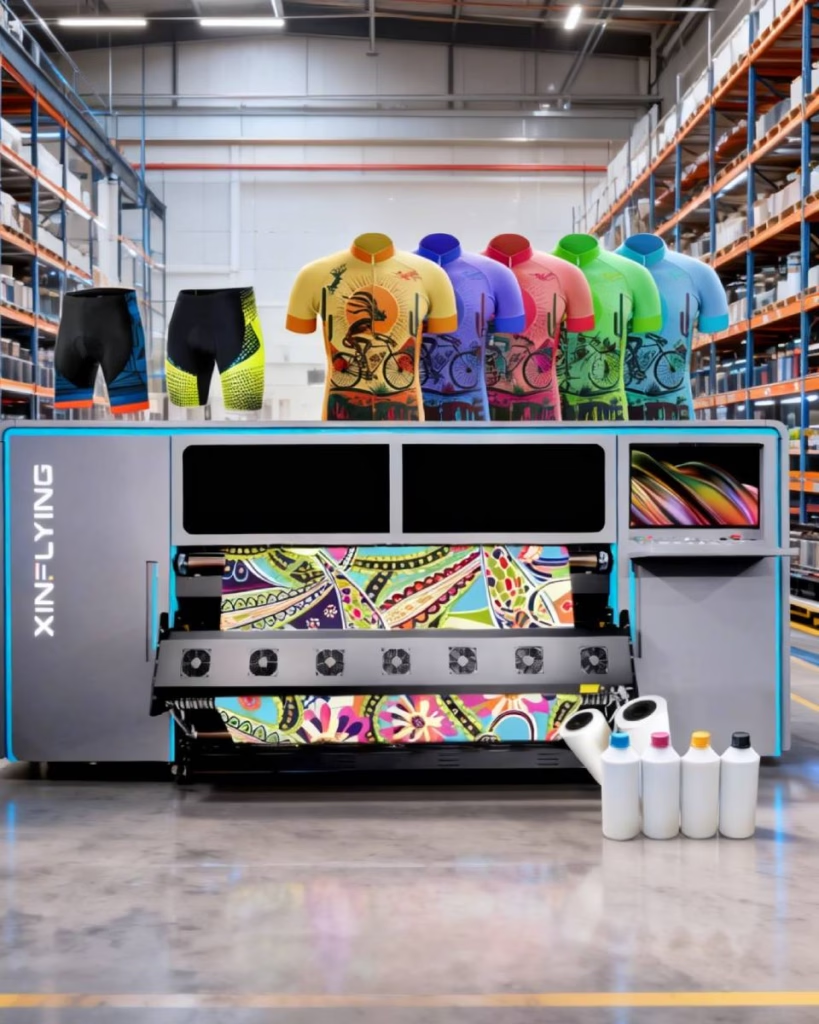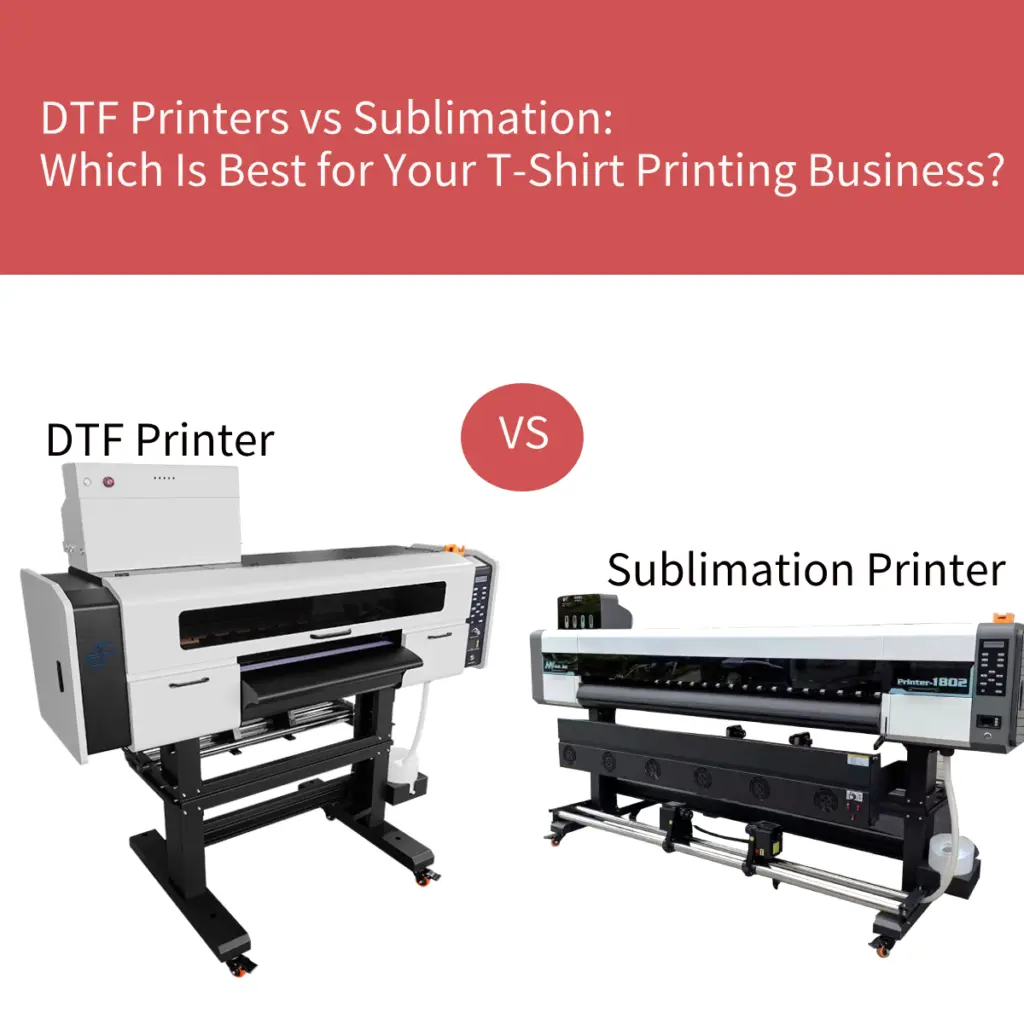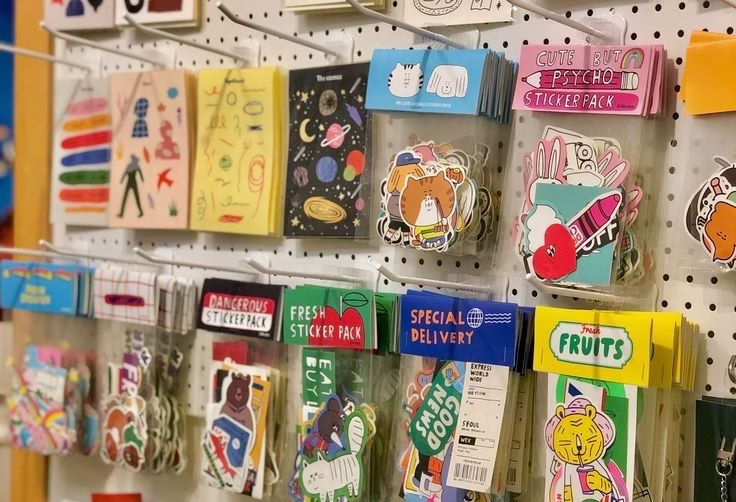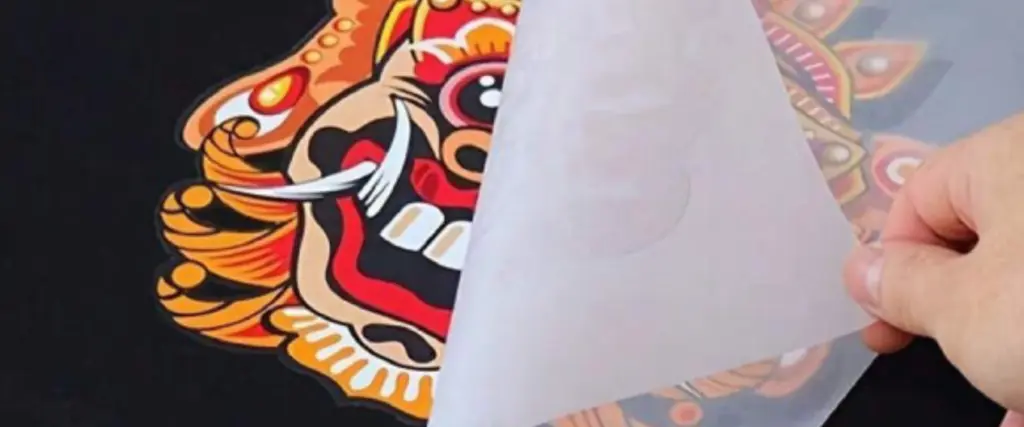
Извор:Пинтерест
Технологија напредује с временом, А било је времена када је штампање било ограничено на папир. Међутим, Нова ера штампања је започела, и сада можете да штампате на тканинама, керамике, и метали такође. И међу свим штампачима које је добро препознао широка јавност, Сублимација штампања и штампање директних то су две најпопуларније и брзо растуће врсте штампања. Ове две врсте штампања имају неколико кључних разлика, Али на вама је да одредите који тип најбоље одговара вашем раду и задовољава ваше потребе. Након читања и разумевања водича, моћи ћете да идентификујете тип штампања који је погодан за ваше пројекте.
Шта је ДТГ штампање
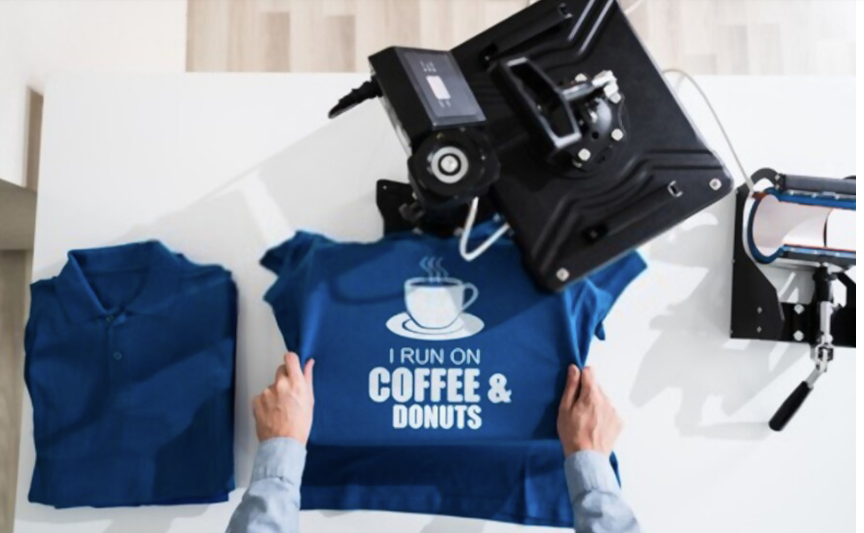
Извор:Пинтерест
Увођење
ДТГ штампа, Такође познато као директно за штампање одеће, јесте Метода штампања на текстили, најчешће на претходним одећима као што су мајице.
Штампате директно на мајици, Баш као и ви са својим кућним штампачем. Са мастилом, Све боје се аутоматски мешају, омогућавајући вам да штампате широк спектар дизајна који би било немогуће постићи са другим методама штампања, као што су штампање екрана. Јер можете користити неограничен број боја у истом дизајну, на пример, Можете да штампате фотореалистичке слике и градијете.
Како функционише ДТГ штампач?
Директно за штампање одеће (ДТГ) је релативно нови концепт који је први пут био комерцијално доступан у деведесетима. ДТГ је од тада дошао дуг пут и још увек је лидер на тржишту у индустрији штампарије. Ако сте нови у штампарији, Можда се питате, “Како дтг штампа за штампање?” Процес је једноставнији него што бисте могли помислити и значајно се разликујете од директног на екрану штампање.
Прво, Штампани дизајн се креира и шаље на ДТГ штампач. Штампач тада примењује дизајн директно на одећу користећи специјализоване Инкјет технологија. Ово се постиже прскањем мастила на одећу кроз ситне млазнице, попут инкјет штампача ради на папиру.
ДТГ штампа, За разлику од осталих метода штампања, Омогућује отиске са високим нивоом детаља и широког распона боја. То је последица употребе специјалних водоводних мастила заснованих на воденим натопним водама које апсорбују одевничка влакна, што резултира висококвалитетним и живописним штампањем.
Погодно за врсте тканина
Тканине су класификоване у три врсте: природњак, синтетички, и мешавине. Нису све тканине погодне за директно штампање одеће, па да погледамо ближе.
ДТГ штампање је идеално за замршене дизајне са финим детаљима и више варијација боја.
Јер ДТГ штампачи користе мастила за воду, Најбољи резултати се добијају природним тканинама које апсорбују течности. Резултат је живахне боје које су дубоко уграђене у влакна, што резултира издржљивост високог прања. Синтетичке тканине, с друге стране, одбијају воду због њиховог пластичног састава.
Памук, Чешљати памук, Органски памук, Постељина, Светлосни полиестер, и Природна влакна укључујући бамбус, конопља, Раион и још је најприкладнији текстил за ДТГ штампање. Надаље, Ако имате тамнији материјал, То ће произвести најбоље резултате штампања.
Шта је сублимацијски штампање
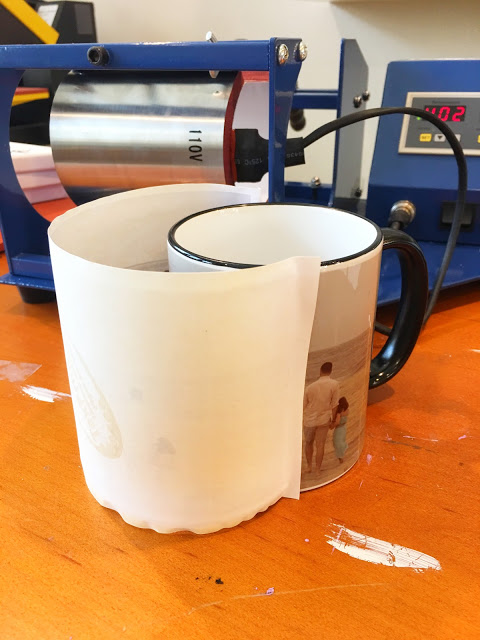
Извор:Пинтерест
Увођење
Можда сте непознати са сублимацијским штампањем или никада нисте чули за то, али нема разлике јер сам сигуран да сте и носили мајицу са неком штампањем на њој. У ствари, Сублимација је процес којим путем Чврсти чврстини постају гасови без проласка кроз течност. То се постиже кроз неку фасцинантну науку, о којој нећемо ићи у превише детаља о томе. Довољно је разумети да је топлота и материјал за преношење запослених. Као резултат, гасови прожимају горњи слојеви свега што штампате, Омогућавање одлично оштрим и високим резолуцијама оригиналног дизајна штампања.
Како функционише сублимацијски штампач?
Тако, како тачно ради сублимациони штампач рад? Након што је изложио дизајн, Штампајте га на посебном папиру са сублимацијским штампачем. Дизајн се затим штампа на тканини, било са топлотном притиском или (Ако се уради код куће) применом притиска и печењем га. Да бисте пребацили дизајн на тканину, Морате да користите папир за пренос (обично Сублимацијски штампарски папир). Комбиновањем Сублимацијска штампарска мастила и тканина, мастило постаје уграђено и на тај начин живахнији на дужи временски период (У поређењу са другим процесима штампања). Топлота из штампе или пећнице отвара поре тканине, Док је притисак нанесен на тканину хладио мастило, претварајући га у чврсту супстанцу.
Поступак је сличан тетовирању, Осим што је за ваш изабрани производ, а не вашу кожу. Топлота отвара поре тканине, и како се примењује притисак, мастило се хлади и враћа се у чврсту супстанцу.
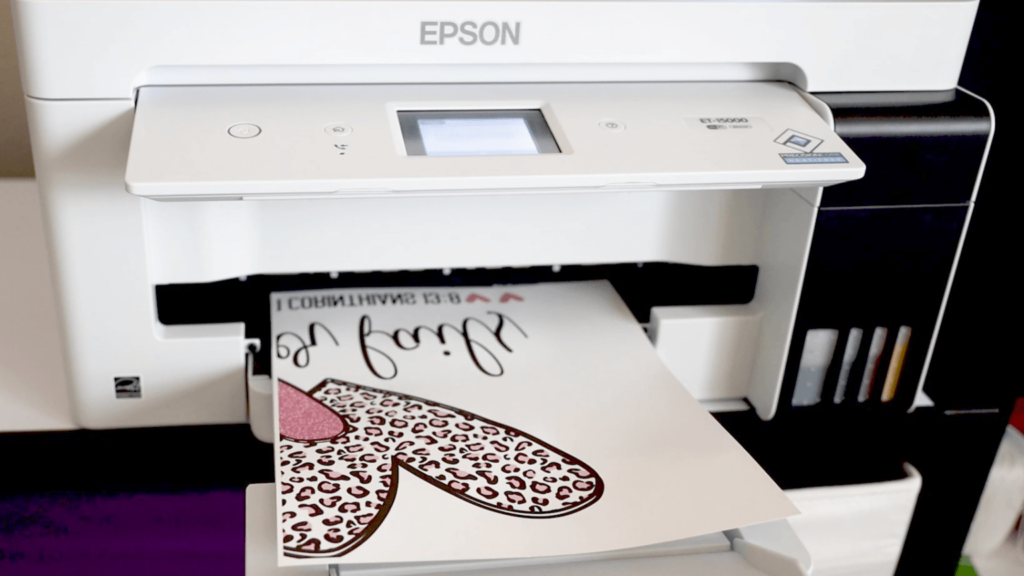
Извор:Пинтерест
Погодно за типове тканине / производа
Ако желите да покренете сопствени посао штампања или пронађите а Сублимациони произвођач машина за штампање, или ако желите да почнете да користите поступак код куће, Требали бисте знати које материјале можете користити. Ово су следеће: Текстил од поликоттона, Полимер, Полиестер, Керамички, ПВЦ, Алуминијум пресвучен полиестером, Полимерни метал обложени, СПРИВА И ПОЛИМЕР- пресвучена пластика.
Полиестер или керамика су најбољи материјали који се користе за сублимација штампања са горње листе. За разлику од традиционалног штампања, што може да произведе само један лого по одећи, Можете да користите разне дизајне и логотипе на тканини. Постоји неколико дизајна, међутим, који се не позајмљују добро на сублимацијским штампањем. Дизајн са блок бојама и дизајном који морају бити постављени по целој одећи су пример тога. То је због могућности “духовитост” и неусклађеност у боји, као и бела пруга. Штавише, Сублимација вам омогућава да штампате на различитим тврдим површинама. Сублимацијски штампачи долазе у разним величинама, са готово двоструко више од штампарија ДТГ штампач ако је потребно.
Постоје ли материјали који се не могу сублигатирати? 100% памук или други природни материјали нису погодни за овај начин штампања. То је због чињенице да им недостаје поре потребан за апсорбују мастила. Ако радите са овим врстама материјала, Дигитално штампање може бити боља опција.
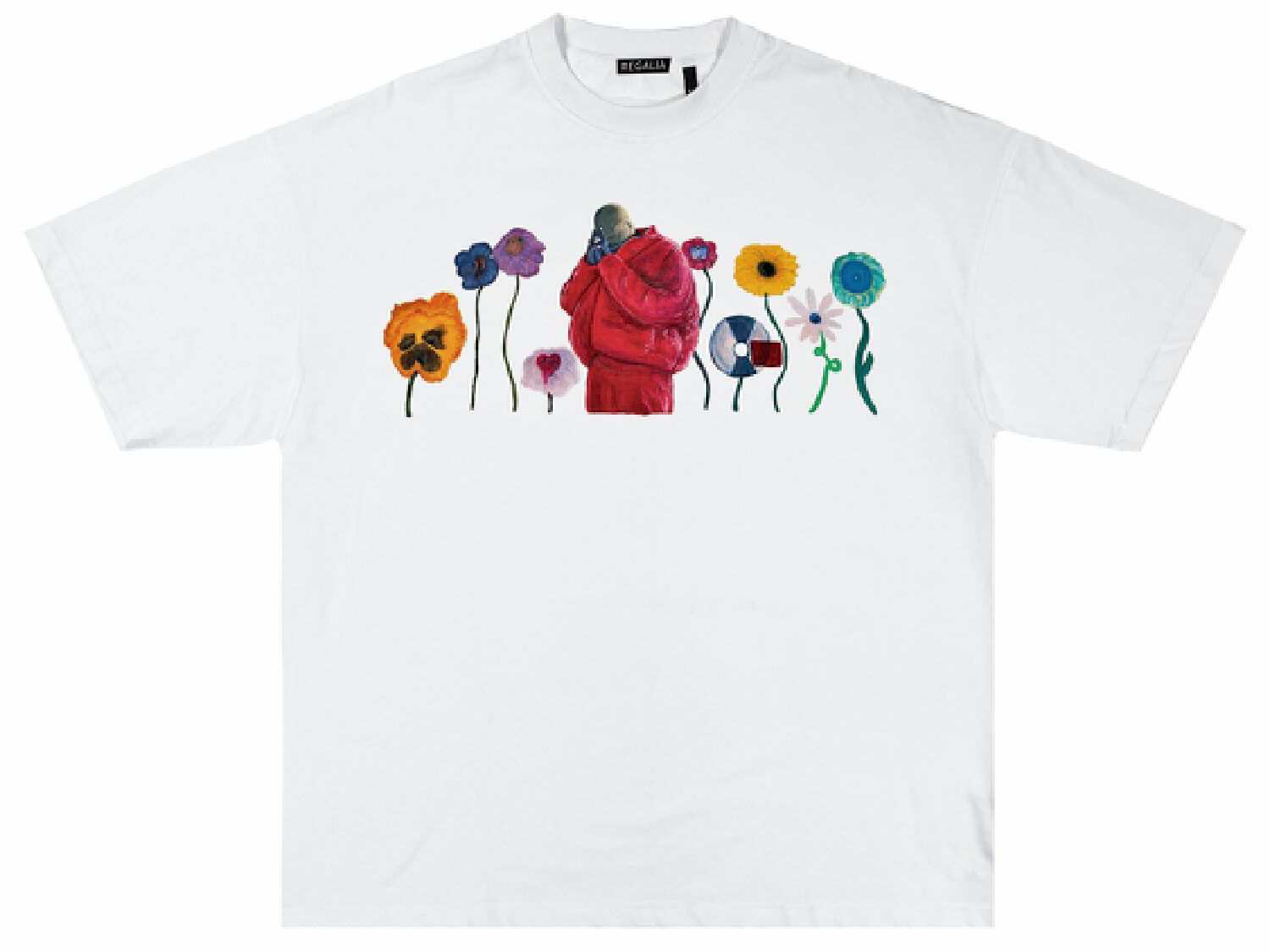
Извор:Пинтерест
Сублимација вс. ДТГ штампач за комерцијалну употребу
Цост: Цена и штампача штампача
За сличан пројекат, Распон трошкова за сублимацију и дигитално штампање преноса су упоредиви. Међутим, Трошкови штампања варирају у зависности од коришћеног материјала и потребне припреме. Доступни су и сублимација и ДТГ штампачи. Њихова цена варира у зависности од тога величина, квалитет, и друге професионалне карактеристике.
Када упоредимо структуре цена оба метода штампања, ДТГ штампање је попут рибања са коже почетника. Висококвалитетни ДТГ штампач може коштати више од тога $15,000.
Машина за топлоту за очвршћавање и пре-лечење може коштати између $2000 и $3000, плус трошкове раствора пре лечења. Дакле, укупни трошкови постављања штампача је около $30,000. ДТГ штампачи, међутим, као потпуно функционалне штампарије, су Дугорочна инвестиција то може отварати различите могућности за посао.
Надаље, Сублимација је мање скупа метода штампања од ДТГ-а. Сублимацијски штампачи за почетнике професионалцима могу коштати између $1,000 и $15,000. Такође ће вам бити потребна најбоља топлотна штампа, који обично коштају између $500 и $5000.
Различите врсте мастило користе се у оба начина штампања. Сублимација користи тип мастила Познато као дина за сублимацију боје. И то је водоотпоран и отпоран на мрље. Генерално, Подзарошкости мастило почиње около $20 (исхе) за сет од четири боце и варира у зависности од бренда.
ДТГ штампа, с друге стране, користи посебну врсту текстилне мастиле засноване на води позната као водена мастила. Може да уклони било коју врсту пигментне мастиле као и диек. Бела мастила није потребна за штампање на белој кошуљи. Трошак је отприлике $0.28, Док штампање црне кошуље захтева белу мастило и трошкове $1.62. Као резултат, За ДТГ штампаче, Штампање црне кошуље је готово троструко трошак штампања бела кошуља, Док сублимацијски штампање има занемарив раст трошкова приликом штампања на црној / обојеној кошуљи. То је зато што ДТГ захтијева белу базу на обојеним / не-белим мајицама како би се извадило боје. Додатни слој мастила повећаће укупне трошкове.
Сорте вашег производа
Са сублимацијским штампачем, шоље, чарапе, ћебад, привесци за кључеве, сатови, украси, и друге ставке могу се штампати на чврстим и меким површинама. Нема ограничења на ономе што се може штампати. Као резултат, Имате више опција у погледу шта можете учинити за своје купце.
У погледу ДТГ штампача, лако можете да штампате капе, коозиес, рукаве, јастучнице, Цанвас кесе, ципеле, Цанвас кесе, и много више са правим прилозима или постављањем. Али пре тога, Требали бисте пронаћи поуздану компанију за ДТГ штампач. Ако желите да дистрибуирате Премиум ДТФ штампаче или створите одећу за привлачење очију & одећа свих врста, Препоручује се произвођач штампача ДТФ-а из Кине. Али без обзира на то какве те врсте преферирате, Не заборавите да изаберете произвођача дигиталног текстила који ствара задовољавајуће решења прилагођене вашим предвиђеним подлогама и капацитету са доживотном гаранцијом и прилагођеном коришћењем.
Количина & Продуктивност
Бићете у могућности да штампате или направите велике количине предмета са сублимацијским штампачем. Са једним притиском на дугме, Можете да извршите једнократно штампање, Континуирано штампање на ролама медија, и чак ненамерно штампање преко ноћи. Међутим, у поређењу са ДТГ штампањем, СПЛИМАЦИЈА ПРИНТИНГ захтева да сваки предмет буде притиснут појединачно. Процес штампања сублимације такође захтева више порођаја Јер укључује додатни корак штампања папира за пренос.
Иако ДТГ није идеалан за велике поруџбине, то може Штампање дизајна у целој боји много брже него осталих метода, Захваљујући недостатку потребе за специјализованим шаблонима или подлогом преноса топлоте. Нема времена за подешавање, и све боје се могу штампати истовремено.

Извор:Пинтерест
Закључак
Пре него што се одлучи између штампања ДТГ и сублимације, Размислите о томе шта је најбоље за ваше пословање и личне потребе. У ствари, Обе методе су ефикасне за производњу висококвалитетних производа који ће задовољити чак и најискриминиранијег купца.
Да ли започињете нови посао или проширите постојећу, Улагање у ДТГ или сублимацијска опрема за штампање била би мудра одлука. Прилагођена роба, логос, и рекламе се могу брзо и лако креирати у оба случаја. У сваком случају, Оба штампача омогућавају вам да проширите своје креативне могућности, као и ваше комерцијалне могућности.

